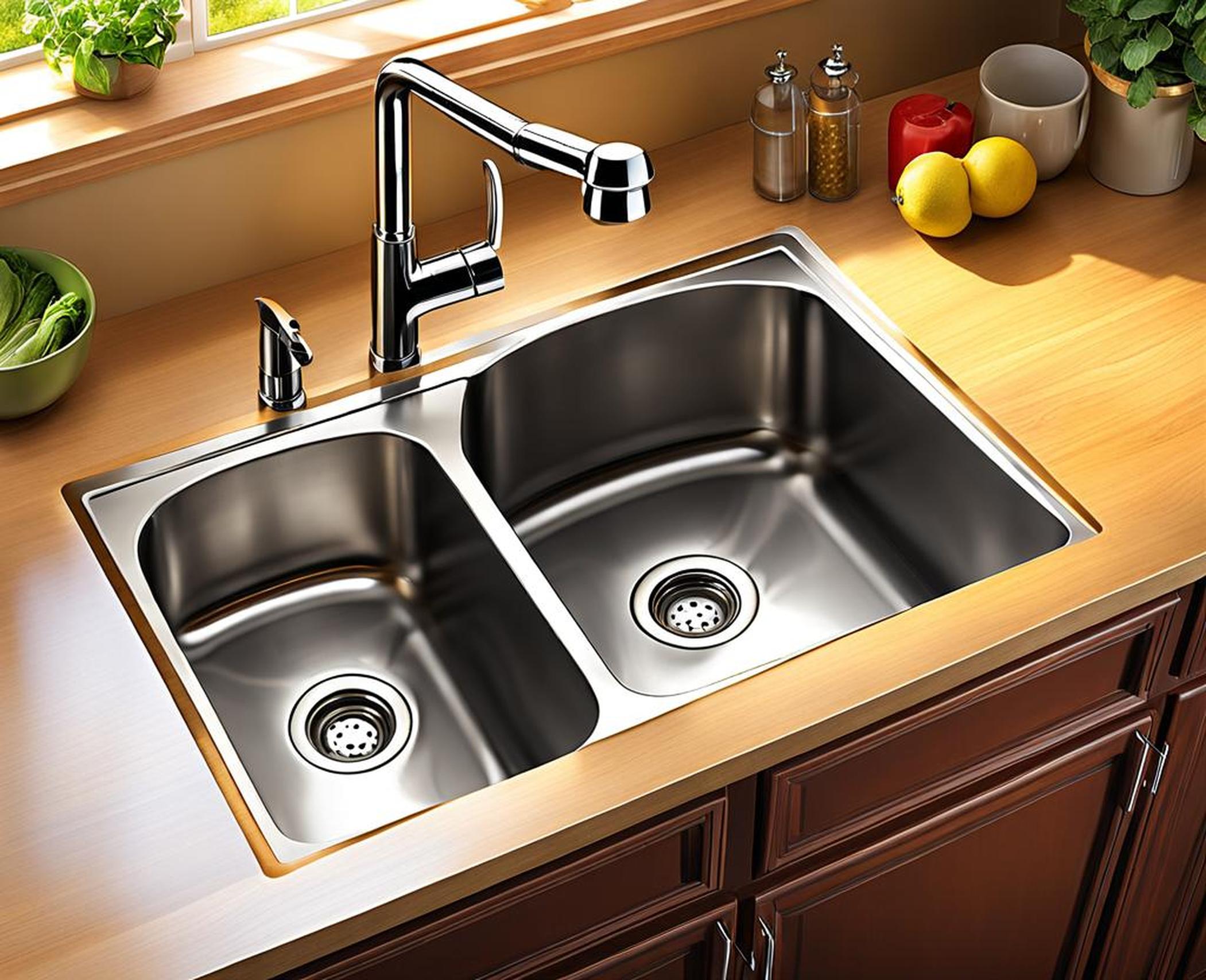Dealing with clogged drains and water flowing the wrong way between your kitchen sink and dishwasher can be incredibly frustrating. But before you call the plumber, there are a few DIY troubleshooting tips you can try to get your kitchen plumbing back in working order.
Detecting a Clogged Kitchen Sink Drain
A clogged sink drain is one of the most common causes of water draining from your sink into the dishwasher. Signs of a clogged drain include water pooling in the sink basin, gurgling noises, foul odors, and water gathering around the base of the cabinet. A blocked kitchen drain prevents water from properly flowing down the pipes, forcing it to back up and drain into the dishwasher.
Using a Plunger
Plunging the sink drain with a heavy-duty plunger can generate enough suction to dislodge the clog. Place the plunger firmly over the drain opening and plunge up and down rapidly 10-15 times to loosen the blockage. This should help open the drain so water can flow freely again.

Snaking the Drain
For stubborn clogs that don’t budge with a plunger, use a sink auger or plumber’s snake. Feed the end of the snake down the drain until you hit the clog, then twist and work the snake to scrub away debris. Run hot water to flush out particles. Be cautious not to over-pressure the snake or you may damage pipes.
Checking Dishwasher Drain Hose Setup
Improper installation of the dishwasher drain hose can also lead to backflow of water from the sink. The hose should form a high loop secured to the bottom of the cabinet before connecting to the sink drain/garbage disposal. This prevents water flowing back into the dishwasher.
Inspecting the Drain Hose
Detach the dishwasher drain hose from the sink drain and garbage disposal. Check for kinks or obstructions. Make sure the hose isn’t curled back downward in a way that would prevent proper drainage. Reroute or replace the hose if needed.
Positioning the Drain Hose
When reattaching the drain hose, make sure the high loop is positioned at the highest point possible under the cabinet. Secure it tightly in place with clamps and ties. This keeps gravity working properly to drain water away from the dishwasher.
Unclogging a Blocked Dishwasher Drain Line
If the dishwasher drain hose itself gets clogged with food particles or debris, it can cause water to back up into the dishwasher. Detach the hose and use a hose brush or pressure washer to remove built-up grime. You can also blow compressed air through the hose to dislodge the clog.
Bleach and Baking Soda
For stubborn grease clogs, mix 1 cup bleach and 1 cup baking soda and pour it down the detached hose. Let it sit 5-10 minutes before flushing with hot water. The chemical reaction can help dissolve thick buildup.
Preventing Future Clogs
Regularly clean around the dishwasher drain hose connection points and inspect for debris buildup. Only put dishwasher-safe items in the machine and scrape dishes well before loading. Use a dishwasher cleaner monthly to flush grime from the interior.
When DIY Efforts Fail, Call the Pros
If you have properly plunged the sinks, cleared the drain lines, adjusted the hoses, and the issue persists, it’s time to call in a professional plumber. Continued use of your plumbing system could result in water damage or more serious appliance problems.
Specialized Tools and Training
Plumbers have industrial strength drain augers, high-pressure water jets, and camera equipment to thoroughly inspect and clear drain blockages that DIY methods cannot solve. They also have the expertise to fully diagnose issues and make needed repairs.
Prompt Service for Emergencies
Reputable plumbing companies offer 24/7 emergency service to contain any water or health hazards from clogged drains until comprehensive repairs can be completed. Don’t wait with a persistent clog that DIY remedies can’t fix.
Clogged drains don’t have to be inevitable. Take steps to keep both your sink and dishwasher drains free-flowing:
- Use a drain catcher to trap food particles and debris in the sink
- Scrape dishes well before washing and don’t put large amounts of food down the garbage disposal
- Run hot water before, during, and after using the garbage disposal
- Periodically flush drains with baking soda and vinegar to break up grease
- Clean the dishwasher filter monthly to remove built-up gunk
By staying on top of drain maintenance, you can avoid costly plumbing repairs down the road and keep your kitchen appliances running smoothly.
